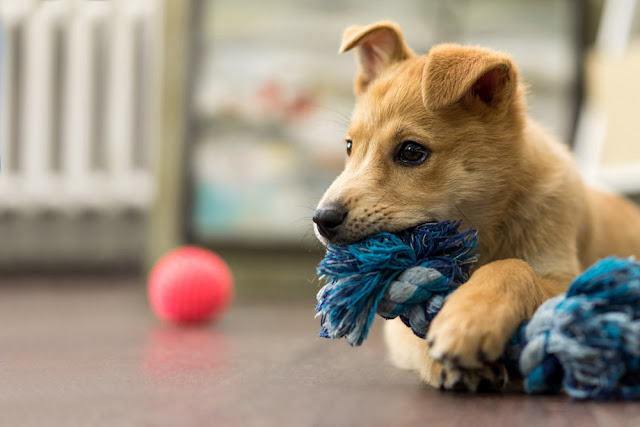Neutering and “Hygge” Treats: Risk Factors for Obesity in Dogs

New research shows that overweight and obesity in dogs is a One Health issue, and neutering male dogs is a risk factor Photo: Monika Wisniewska/Shutterstock By Zazie Todd, PhD This page contains affiliate links which means I may earn a commission on qualifying purchases at no cost to you. When dogs are overweight or obese, it can affect their health and even shorten their lifespan significantly . So understanding the causes is important. New research from Denmark on the risk factors for dogs being heavy or obese raises questions about the role of the owner and the effects of spay/neuter surgery. The study, published in Preventive Veterinary Medicine , finds that neutering increases the risk of being heavy or obese in male dogs, but not in female dogs because they are already at higher risk. The results also suggest we need to think of overweight and obesity in dogs as a One Health issue, because the health of people and their pets is interconnected. Dr. Charlotte Reinhard ...





